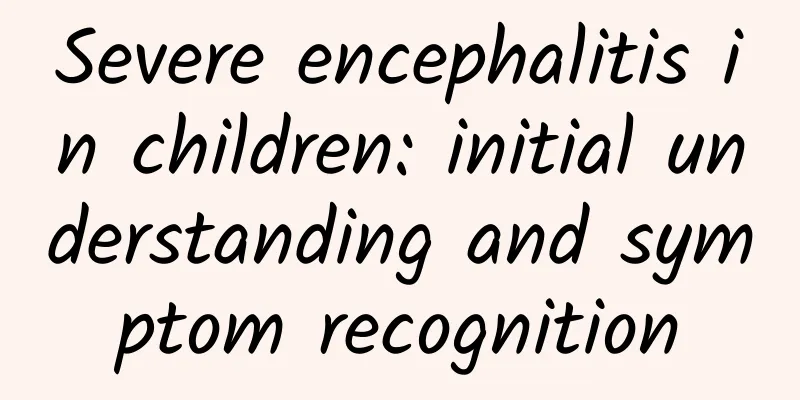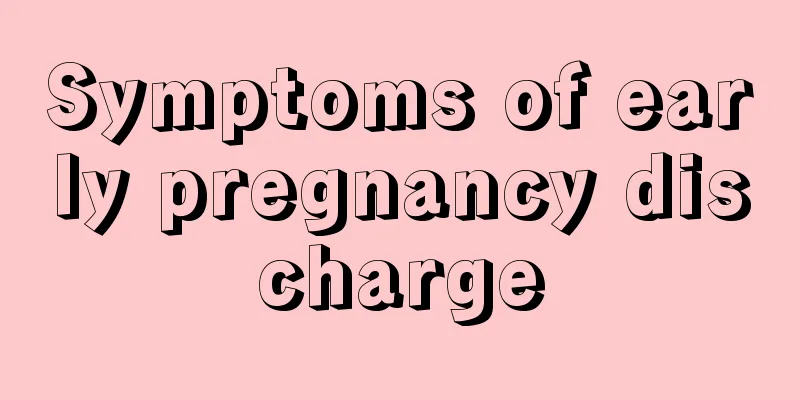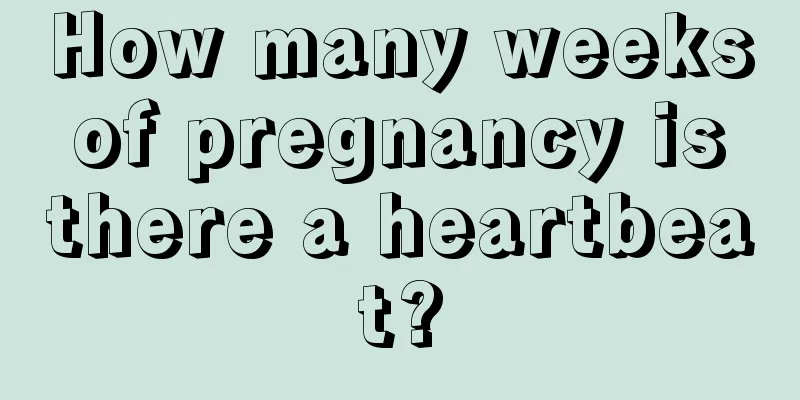Severe encephalitis in children: initial understanding and symptom recognition

|
Encephalitis, a word that sounds scary, is actually not uncommon among children. It is an inflammatory disease caused by pathogens such as bacteria and viruses invading the central nervous system, which can even endanger a child's life in severe cases. So, as parents, how can we initially understand and identify the symptoms of severe encephalitis in children? Let's take a look at this mysterious but important medical topic together. 1. Definition and Causes of Encephalitis Encephalitis, as the name suggests, is an inflammatory lesion of the brain parenchyma. It is mainly caused by infections such as various bacteria, viruses, fungi or parasites. In addition, non-infectious factors such as autoimmune diseases and drug reactions may also cause encephalitis. In children, viral infections are the most common cause, such as Japanese encephalitis virus, herpes simplex virus, enterovirus, etc. These pathogens spread through the blood or directly invade brain tissue, triggering an inflammatory response, leading to encephalitis. 2. Severity of encephalitis Encephalitis is a relatively serious disease in pediatrics, with a high mortality and disability rate. Some children may be left with varying degrees of brain damage after recovery, manifested as epilepsy, cognitive decline, mental disorders and other symptoms, which seriously affect the child's future. Therefore, we must remain highly vigilant and pay attention to encephalitis in children. 3. Typical symptoms of severe encephalitis in children The symptoms of severe encephalitis in children vary in severity. However, the following typical symptoms usually appear, and parents should pay close attention to them: 1. Fever : Encephalitis is often accompanied by high fever, which may exceed 39°C or even higher. Fever is a response of the body to infection and is one of the most common symptoms of encephalitis. 2. Headache : Children may experience severe and persistent headaches, often accompanied by vomiting, which is a manifestation of increased intracranial pressure. For children who cannot speak, crying may be their way of expressing headaches. 3. Neuropsychiatric symptoms : Encephalitis can cause neuropsychiatric abnormalities, including drowsiness, coma, convulsions, irritability, crying and laughing erratically, abnormal behavior, hallucinations, etc. The appearance of these symptoms is closely related to the degree of damage to brain tissue caused by encephalitis. 4. Convulsions and convulsions : Some children may experience convulsions or spasms, which is a manifestation of the serious impact of brain inflammation on the nervous system. Convulsions may manifest as stiff limbs, upward rolling of the eyes, etc. 5. Changes in consciousness : As the disease progresses, the child's state of consciousness may change, including drowsiness, coma, etc. This is one of the signs of a serious condition of encephalitis. The deeper the coma and the longer it lasts, the more serious the condition. 6. Associated symptoms : Symptoms of corresponding viral infection may occur before or at the same time as encephalitis, such as runny nose, tearing, red eyes, photophobia, etc. These symptoms may be similar to respiratory or digestive system infections and are therefore easily overlooked. 7. Meningeal irritation signs : including stiff neck, positive Klinefelter's sign and Brudzinski's sign. These signs indicate that the meninges are irritated and are one of the important signs of encephalitis. For young infants, the anterior fontanelle may be full because the anterior fontanelle is not closed. 8. Neurological signs : such as muscle weakness, paresthesia, unsteady gait, etc. These signs indicate damage to the nervous system and are one of the serious manifestations of encephalitis. 4. How to identify severe encephalitis in children Identifying severe encephalitis in children requires parents to have certain medical knowledge and observation skills. Here are some practical suggestions: 1. Closely observe the child's symptoms : Parents should pay close attention to the child's physical condition and seek medical attention immediately if any one or more of the above symptoms appear. In particular, when the child has severe symptoms such as persistent high fever, severe headache, frequent vomiting, and changes in consciousness, they should seek medical attention quickly. 2. Understand the child's medical history : Parents should understand the child's medical history, including whether the child has had respiratory tract infection, digestive tract infection and other prodromal diseases. These diseases may be the cause or prodromal symptoms of encephalitis. 3. Perform a simple physical examination : Parents can learn some simple physical examination methods, such as observing the child's mental state, checking whether the child's neck is stiff, etc. These examinations can help to preliminarily determine whether the child may have encephalitis. 4. See a doctor promptly and receive professional examinations : If you suspect your child has encephalitis, parents should take their child to the doctor immediately and receive examination and diagnosis from a professional doctor. The doctor will make a comprehensive judgment on whether the child has encephalitis based on the child's symptoms, signs, and the results of laboratory tests and imaging tests. 5. Diagnosis of severe encephalitis in children Diagnosis of severe encephalitis in children requires comprehensive information from clinical manifestations, laboratory tests, imaging tests, etc. The following are some commonly used diagnostic methods: 1. Clinical manifestations : The doctor will make a preliminary diagnosis based on the child's fever, headache, vomiting, convulsions, changes in consciousness, etc. These symptoms are important bases for diagnosing encephalitis. 2. Laboratory tests : including blood routine test, cerebrospinal fluid test, etc. Cerebrospinal fluid test is one of the important means to diagnose encephalitis. By detecting pathogens, white blood cell count and other indicators in cerebrospinal fluid, the diagnosis of encephalitis and the type of pathogen can be confirmed. Blood routine test helps to determine whether there is infection. 3. Imaging examination : such as head CT, MRI, etc. These examinations can directly observe the lesions of brain tissue and provide important basis for diagnosis. In particular, MRI examination has a high sensitivity in observing tiny lesions of brain tissue. 4. Electroencephalogram (EEG) examination : observe whether the EEG waveform is abnormal, such as a significant increase in slow waves or diffusely distributed epileptic discharge waves. These abnormal waveforms are helpful in diagnosing encephalitis. VI. Treatment and care of severe encephalitis in children The treatment of severe encephalitis in children requires comprehensive measures, including general treatment, symptomatic treatment, anti-infection treatment and rehabilitation treatment. The following are some treatment and care recommendations: 1. General treatment : Maintain water and electrolyte balance and provide nutritious and easily digestible food. For comatose patients, nasogastric or intravenous nutritional support should be given. 2. Symptomatic treatment : cooling, reducing intracranial pressure, nutritional support, anti-epileptic seizures, antipsychotic drugs, etc. are carried out according to the patient's symptoms. Symptomatic treatment helps to relieve the symptoms of children and reduce pain. 3. Anti-infection treatment : Choose appropriate antibiotics or antiviral drugs for treatment according to the type of pathogen. Purulent meningitis caused by bacterial infection requires timely application of sensitive antibiotics for treatment; viral infection requires the selection of appropriate antiviral drugs according to the type of virus. 4. Rehabilitation treatment : For children in the recovery stage, nerve repair agents can be used to repair nerves and reduce sequelae. At the same time, children with obvious neurological sequelae should undergo rehabilitation training to improve their quality of life. 5. Daily care : Parents should pay close attention to changes in their children's condition and follow the doctor's advice for treatment and care. In daily life, pay attention to the child's nutrition and immunity, and avoid overwork and mood swings. VII. Conclusion Severe encephalitis in children is a serious disease, but as long as parents have sufficient medical knowledge and observation skills, timely detection and medical treatment, they can effectively reduce the harm of the disease. I hope that through the introduction of this article, it can help parents better understand and identify the symptoms of severe encephalitis in children and protect their children's health. Let us work together to create a healthier and better future for our children! This project is funded by the Shanghai Rehabilitation Medicine Association Science and Technology Innovation Project (2024KJCX05). |
>>: What happens to people who wear headphones all year round? Do they really become deaf?
Recommend
What organ is next to the uterus?
The uterus is an important organ for women and an...
Can I test positive for pregnancy if my period is four days late?
When girls enter puberty, they will have menstrua...
The dangers of heavy bleeding during ovulation
I believe everyone knows the importance of ovulat...
Will regular breast massage make your breasts bigger?
Many women want to have firm breasts, but Asian w...
Is 130 high blood pressure in pregnant women?
Many pregnant women are very worried about their ...
Can pregnant women soak their feet in salt water?
Foot soaking is actually a very healthy way to ma...
How long does breast pain last during pregnancy?
Women's bodies are prone to some changes in t...
Three generations of a Huangshi family suffer from cataracts. Experts: One-third of congenital cataracts are hereditary
When Ms. Wei from Huangshi, Hubei, accompanied he...
What is the reason for a hard lump in the breast after childbirth?
After giving birth, mothers have to face the issu...
During pregnancy, you should "control your mouth and move your legs"
Author: Zhao Aimei, deputy chief physician of Sha...
What is Bobo Chicken? How to make Bobo Chicken simple and delicious
Bobo Chicken is a traditional Sichuan snack that ...
The menstrual blood is dark brown
Good health requires more attention and maintenan...
Pictures of wounds after episiotomy
Pregnant mothers should all know that choosing na...
What is the information about Mogao Grottoes? How far in advance should I make an appointment to visit Dunhuang Mogao Grottoes?
The Mogao Grottoes are famous for their murals pa...
What to do if you have difficulty getting pregnant due to cold uterus
Uterine cold is a common disease among women, and...









